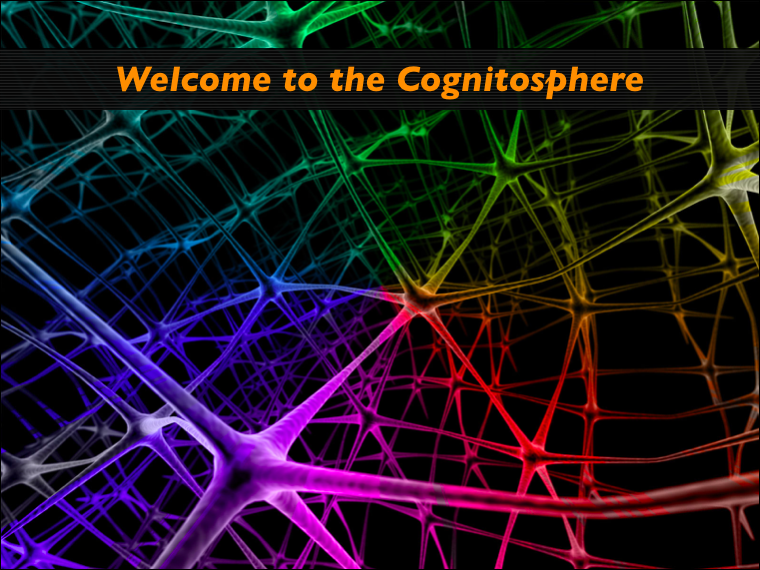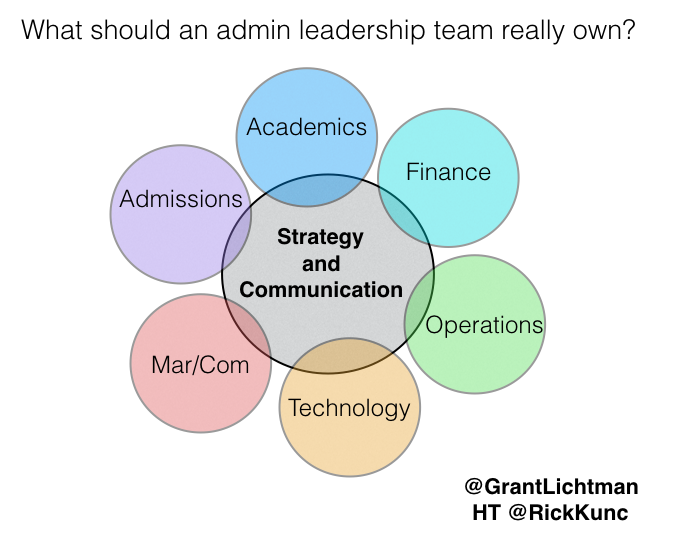I did two things last week that, just a few years ago, I could not have imagined. I spoke to a group of teachers gathered in Philadelphia, without leaving my dining room table. And they were math teachers and the subject was the Art of Questioning. Why the sense of breakthrough? First, I was lousy at math in school, and second, for all the thinking I have done about the role of questioning in learning, I have always shelved math away as the toughest subject to convert to student direction via questioning. Jill Gough, (@jgough) who ran the workshop for Texas Instruments, took care of that; she can translate any bit of good learning best practices into the language math teachers understand.
This is how I introduced my chapter, the Art of Questioning, in my book, The Falconer: What We Wish We Had Learned in School. Jill opened the session with this quote so I thought I would share it here. I wrote this almost 15 years ago, but it seems to finally be catching fire:
Our educational systems have been constructed entirely around the goal of providing the correct answer to a question provided by an instructor or handed out on a standardized exam. This system provides a form of valid comparison for the results of a group of students, and it provides a foundation of shared information amongst those who have followed a course of study. Unfortunately, the real world, particularly the real world of the coming century, does not and will not work this way. Our heroes are not defined by how well they answered canned questions or what they scored on their SATs precisely because these outcomes do not determine success in real-world situations. The real revolution in education and training, if it comes, will be overtly switching our priority from the skills of giving answers to the skills of finding new questions.
Questions are waypoints on the path of wisdom. Each question leads to one or more new questions or answers. Sometimes answers are dead ends; they don’t lead anywhere. Questions are never dead ends. Every question has the inherent potential to lead to a new level of discovery, understanding, or creation, levels that can range from the trivial to the sublime.
Getting students to own their own learning by asking instead of answering questions seems so easy in most subjects; Jill and her workshop attendees proved you can do it in math as well. Thanks for letting my Skype in. There is something very satisfying about signing on to a video chat like that, wearing a button down shirt…and sweat pants!




Leave A Comment